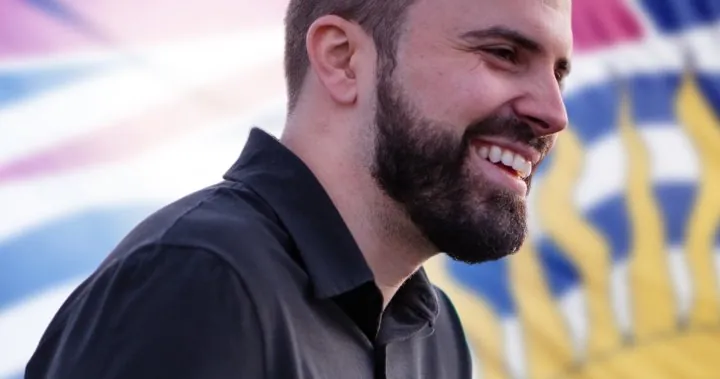
Outcry Over Conservative Candidate's Denial of Residential Schools History Sparks Demands for Action
2025-04-04
Author: Sophie
Controversial Statements
The regional chief of the British Columbia Assembly of First Nations is calling for the Conservative Party to dismiss a candidate, Aaron Gunn, who has made controversial statements dismissing the historical significance of Canada's residential schools. These schools, designed to assimilate Indigenous children, have left a deep scar in Canadian society, a fact that Gunn appears to downplay in public statements and social media posts.
Historical Context
In 2020, Gunn stated categorically, “There was no genocide. Stop lying to people and read a book," regarding the residential school system. His remarks have drawn condemnation from Indigenous leaders who argue that denying the reality of these schools is not only historically inaccurate but deeply hurtful to survivors and their families. Terry Teegee, the regional chief, labeled Gunn’s comments as “reprehensible,” emphasizing that such denialism is incompatible with leadership in the government.
Impact on Indigenous Children
More than 150,000 Indigenous children were forcibly taken from their families to attend these schools, with thousands reportedly perishing due to neglect and abuse. The Truth and Reconciliation Commission’s investigation into these institutions concluded they aimed to erase Indigenous cultures, branding the system as “cultural genocide.”
Political Fallout
Despite the backlash, Conservative Leader Pierre Poilievre defended Gunn, asserting that the party’s vetting process is thorough and that Gunn recognizes the horrific events that unfolded in residential schools. However, Poilievre’s statements have been met with skepticism, especially as Gunn’s comments contradict the unanimous motion passed by the House of Commons in 2022, which designated the residential school system a form of genocide.
Call for Action
As criticism mounts, various leaders, including Bob Chamberlin, a former vice president of the Union of BC Indian Chiefs, are calling for Gunn’s removal from the Conservative candidacy. They argue that positions espousing denial of the traumatic impact of residential schools reflect poorly on the party as a whole.
Scholarly Perspectives
Academics like Sean Carleton have weighed in as well, suggesting that such statements not only misinform the public but also show a failure in leadership, raising questions about the party’s responsibility in scrutinizing candidates' ideologies.
Words Matter
The impact of denialism on survivors and their communities cannot be understated. Stephanie Scott, executive director of the National Centre for Truth and Reconciliation, reiterates that "words matter" and calls on all individuals in power to acknowledge the reality of genocide and engage in factual discourse.
Past Controversies
In a layered history of controversies over residential schools, even Poilievre himself had previously drawn ire in 2008 for questioning the value of financial reparations for survivors, an apology for which he later issued.
Broader Societal Struggle
As the Conservative Party faces mounting pressure, this incident highlights the broader societal struggle in reconciling with the past and ensuring that the voices of Indigenous people are heard and respected in the ongoing dialogue about Canada’s history.
Support Resources
For those affected by the legacy of residential schools, immediate support is available through the Indian Residential Schools Crisis Line at 1-800-721-0066 and the National Indian Residential Schools Crisis Line at 1-866-925-4419.

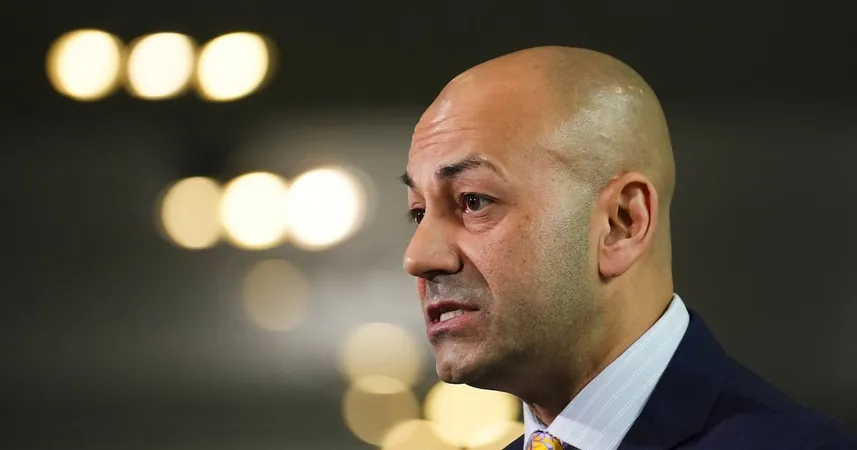

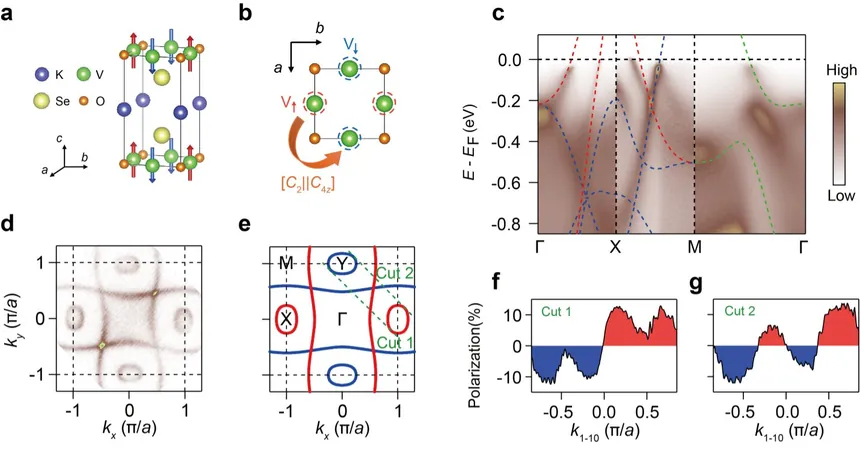
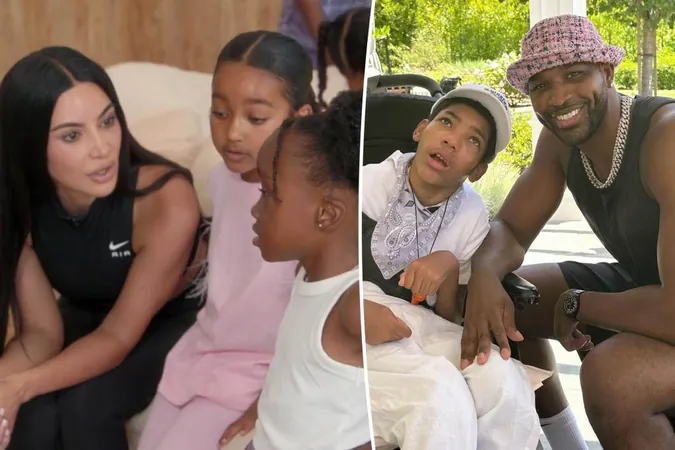

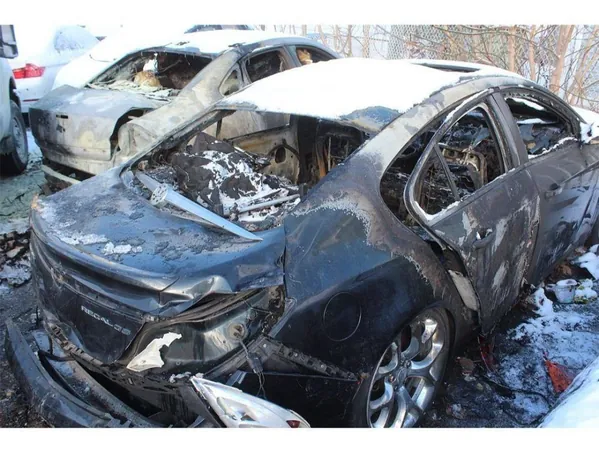


 Brasil (PT)
Brasil (PT)
 Canada (EN)
Canada (EN)
 Chile (ES)
Chile (ES)
 Česko (CS)
Česko (CS)
 대한민국 (KO)
대한민국 (KO)
 España (ES)
España (ES)
 France (FR)
France (FR)
 Hong Kong (EN)
Hong Kong (EN)
 Italia (IT)
Italia (IT)
 日本 (JA)
日本 (JA)
 Magyarország (HU)
Magyarország (HU)
 Norge (NO)
Norge (NO)
 Polska (PL)
Polska (PL)
 Schweiz (DE)
Schweiz (DE)
 Singapore (EN)
Singapore (EN)
 Sverige (SV)
Sverige (SV)
 Suomi (FI)
Suomi (FI)
 Türkiye (TR)
Türkiye (TR)
 الإمارات العربية المتحدة (AR)
الإمارات العربية المتحدة (AR)